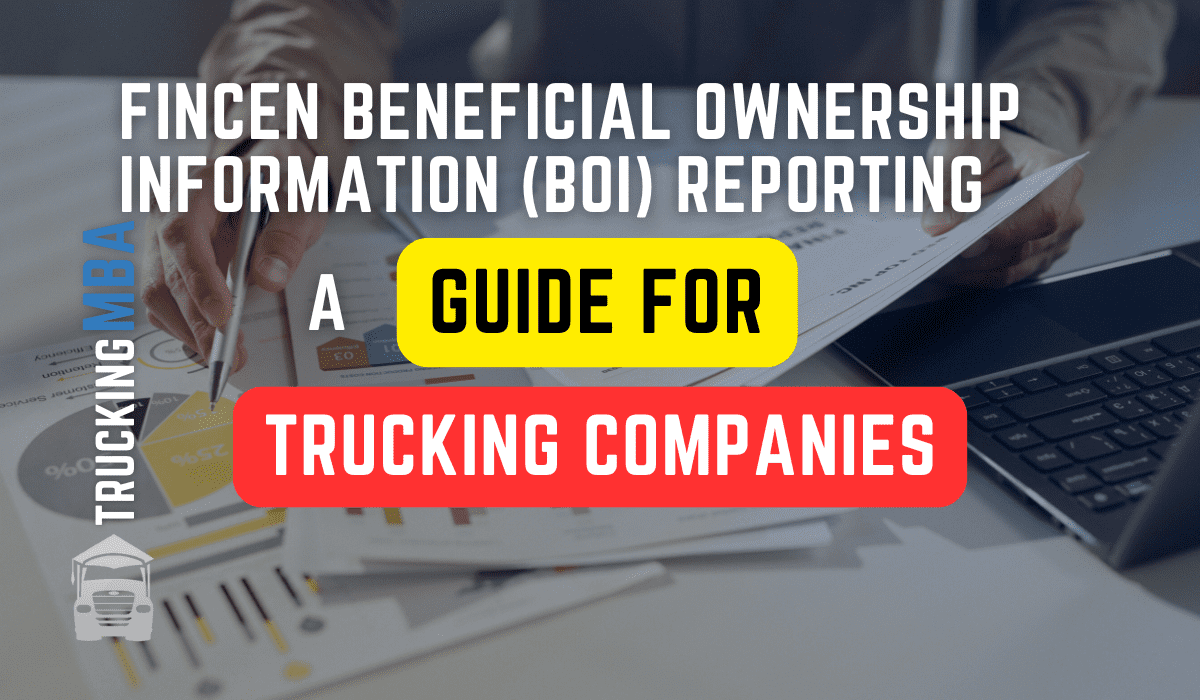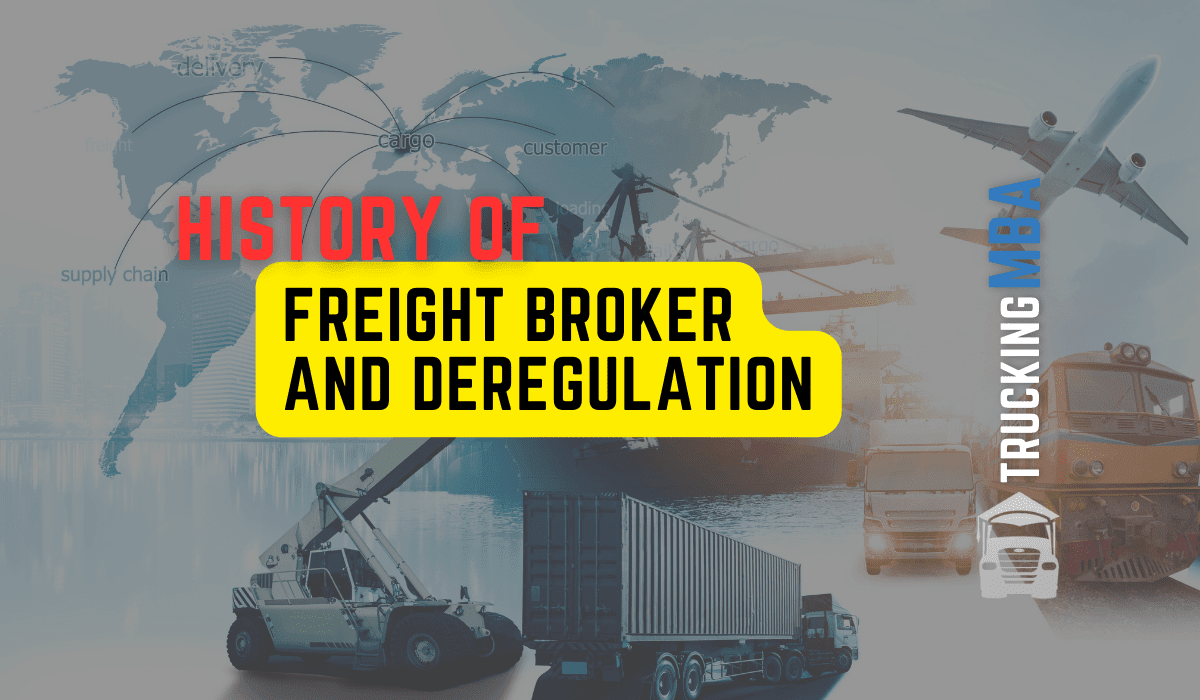Freight Broker Contract Terms can be complicated and intimidating for carriers who are new to the business. Without adequate understanding, carriers could unknowingly agree to risky contractual terms. Grasping these terms is essential to protect one’s interests and to avoid legal risks and potential pitfalls. This beginner’s guide aims to shed light on some of the challenging and potentially problematic terms and issues in freight contracts.
Understanding Indemnity Clauses in Freight Broker Contracts
Indemnity clauses form a crucial part of Freight Broker Contracts. These clauses can be risky as they often aim to make carriers fully responsible for damages, regardless of who is at fault. To avoid such freight contract legal concerns, opt for a modified indemnity clause that distributes accountability fairly.
For example, “Each party agrees to indemnify and hold the other harmless from any claims, damages, or losses arising out of its own negligence or willful misconduct.”
Making Sense of Payment Terms
Another key concern in freight brokerage contract terms is the payment term. The default contractual terms for freight brokers often involve extended payment terms, which might affect the carrier’s cash flow. Be vigilant about the payment policy and if possible, negotiate a payment term that suits your needs.
Say, “Payment shall be due within 15-30 days of receipt of an accurate freight bill”
The Carmack Amendment and Liability for Cargo Loss or Damage
Did you know freight brokers can hold carriers liable for any cargo loss, regardless of fault? This is one of the inherent disadvantages of freight broker contracts. A good understanding of the Carmack amendment can help carriers negotiate better terms.
The agreement could read like this: “Carrier liability for cargo loss or damage shall be determined per Carmack Amendment standards.”
Navigating Force Majeure Clauses
Force majeure clauses have been considered controversial in freight broker contracts. Some contracts can unfairly place liabilities on carriers even during extraordinary circumstances. Be sure to modify such clauses to safeguard your interests.
For instance, “Neither party shall be liable for any failure or delay in performance due to circumstances beyond its reasonable control.”
Broker's Right to Offset and 'No Offset' Clauses
The absence of a ‘no offset’ clause gives brokers the right to deduct payments due, leading to freight broker contract issues. Including a ‘no offset’ clause provides a clear way out of this.
A suggested clause could be: “Broker shall not have the right to offset freight or other charges owed to Carrier with any claim, chargeback, or dispute.”
Conclusion
Understanding freight broker contract terms isn’t as hard as it may seem. With this guide, you’ll be well-equipped to recognize red flags in freight broker contracts and avoid common contractual mistakes. Remember, a well-negotiated contract is your best defense against legal and financial risks!




Responses
This is incredible information. I have been at this for over three years and most of this I never knew.
Glad it helped.
This is such a well written and needed article. I have talked about some of these terms for years and tried to tell my friends about this.
But now I will just share this link.
Thank you. We are looking to generate high value content to help carriers grow and propser.
I just realized I spoke with Bill years ago when starting my trucking company. He gave me great advice and Laura fixed my filing for free for me.
So glad you are starting to do more education.
Thank Mia.
Welcome aboard.
Comments are closed.